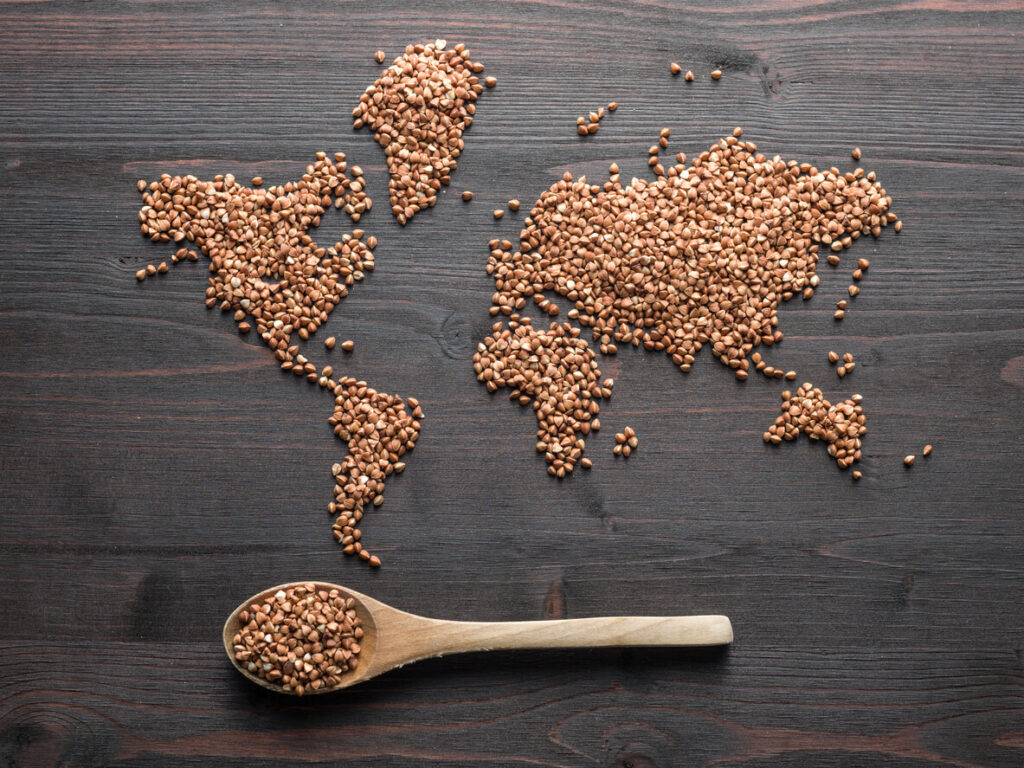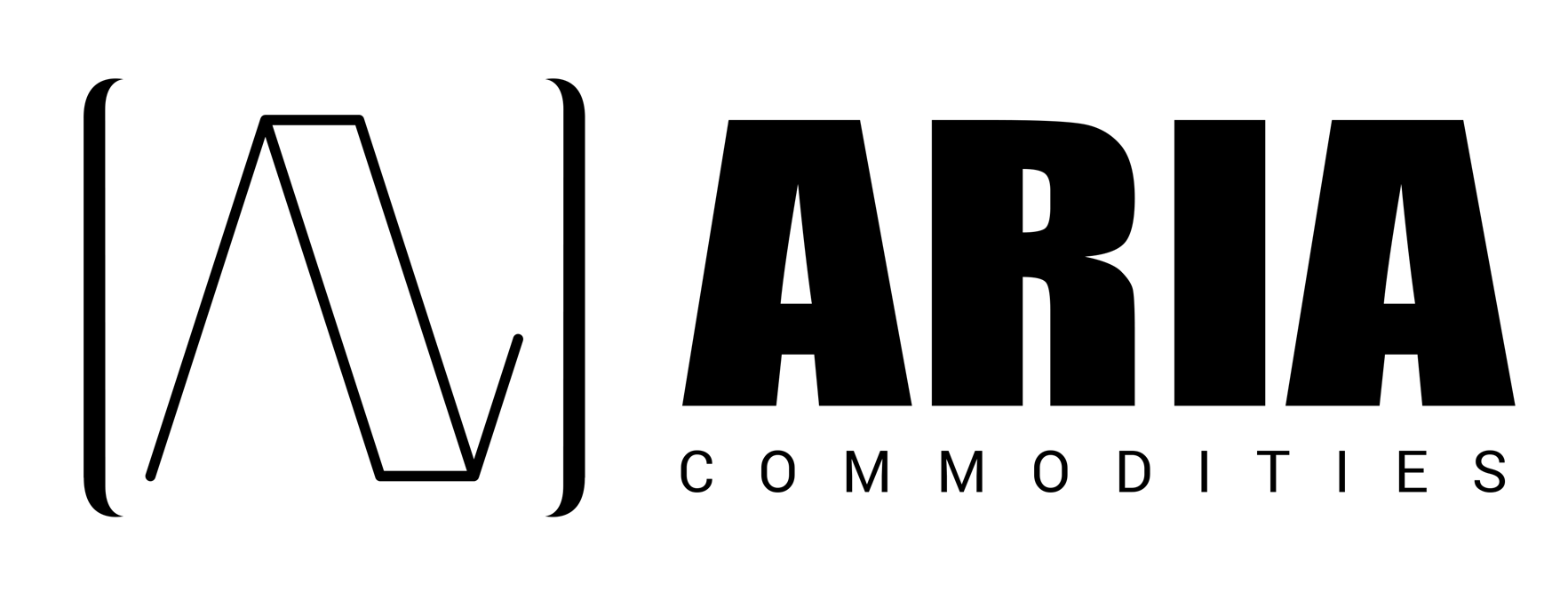Participating in the World Food Program
Globally, governments have committed to achieve three fundamental imperatives by 2030:
- End Hunger
- Achieve Food Security
- Improve nutrition for everybody
(*Overview | World Food Programme (wfp.org))
KEEPING IT IN THE FAMILY
Participation
Amman Grand Flour Mills, is one such mill. AGFM is a family owned complex of wheat milling plants, supplying the Jordanian market since 1964, and is located in Marka, Jordan. It is a family business with a long standing presence in the region, aided by a team of highly experienced managers. Our team have a relationship with the company and its owners that dates back over 30 years.
AGFM produces flour, semolina and bran in different grades, and beyond supplying the WFP, caters primarily to bakeries in bulk loads, and to retail markets for example on special holidays (Ramadan, Easter, Christmas). Specifically within the WFP, they are supplying the Syrian refugee camp at Zaatari in Jordan.
In the exciting metropolis of Dubai, a center of international trade and charity, our commodities trading company is at the forefront of promoting important programs such as the World Food Program (WFP). We are essential in ensuring that food aid reaches those in need all around the world because of our unwavering focus on funding grain supplies and wheat milling activities. At the heart of our operations lies a commitment to food aid investments that transcend mere profit-making. We understand the urgency of addressing hunger and food insecurity, which is why we channel our resources into supporting Jordan wheat mills, such as the esteemed Amman Grand Flour Mills, to facilitate the production and supply of essential grain products.
Our strategic investments in grain milling and commodity trading company in Dubai are not merely business endeavors; they are humanitarian aid investments aimed at bolstering food security and alleviating hunger. By collaborating with mills like AGFM, we contribute to the WFP’s mission of ending hunger, achieving food security, and improving nutrition for all by 2030.
Through our partnerships and initiatives, we ensure that quality wheat products are readily available not only for local consumption but also for distribution to regions in need through the World Food Programme. Our support extends beyond financial backing; it encompasses a deep-seated commitment to humanitarian aid, reflected in our efforts to obtain ISO certifications for quality management and food safety.
With its investments in grain milling and support for the World Food Programme, our company stands out as a light of hope amid the dynamic trading scene of Dubai, promoting good change. By working together, we are creating a better, more nourished world for future generations rather than merely exchanging goods. Come along as we work to finance, one grain at a time, the future of humanitarian aid and food security.

STRATEGY BRIEF
Investing made with surgical precision
- Developing and actively pursue flour tenders to distressed areas through World Food Programs and others, with the aim of becoming major suppliers in this field. WFP aid to Syria amounted to 124,000 tons of flour in 2020, up from 109,000 tons in 2019, whereas aid to Yemen was 720,000 tons in 2020.
- Purchasing better quality wheat than provided locally, (from our Ukraine office), to produce higher quality specialty products commanding higher premiums
- Completion of a 3rdmilling line (under construction), as we are already producing at capacity
- Capitalizing on our bulk loading capabilities by supplying clients with free-flowing flour storage, reducing packing/loading/unloading costs considerably. This frees up premium storage space on-site, and gain/retain clients through better servicing
- Obtain ISO 9001 and 22000 certifications for quality management and food safety
ARIA and AGFM are building a successful partnership whereby all stakeholders benefit. We are fortunate to have in AGFM, partners who have extensive market and technical expertise, forwards looking management and given how they have placed a premium of investing in the latest technologies, high quality products given their strict process and quality controls.
By providing financial, origination and logistical support, AGFM and ARIA hope to become a major player in the food aid arena, and actively pursue flour tenders. In partnership, we are able to mee the stringent requirements of WFP wheat specifications, which necessitates increased infrastructure for wheat cleaning, flour fortification, storage, handling and deliveryARIA Commodities



